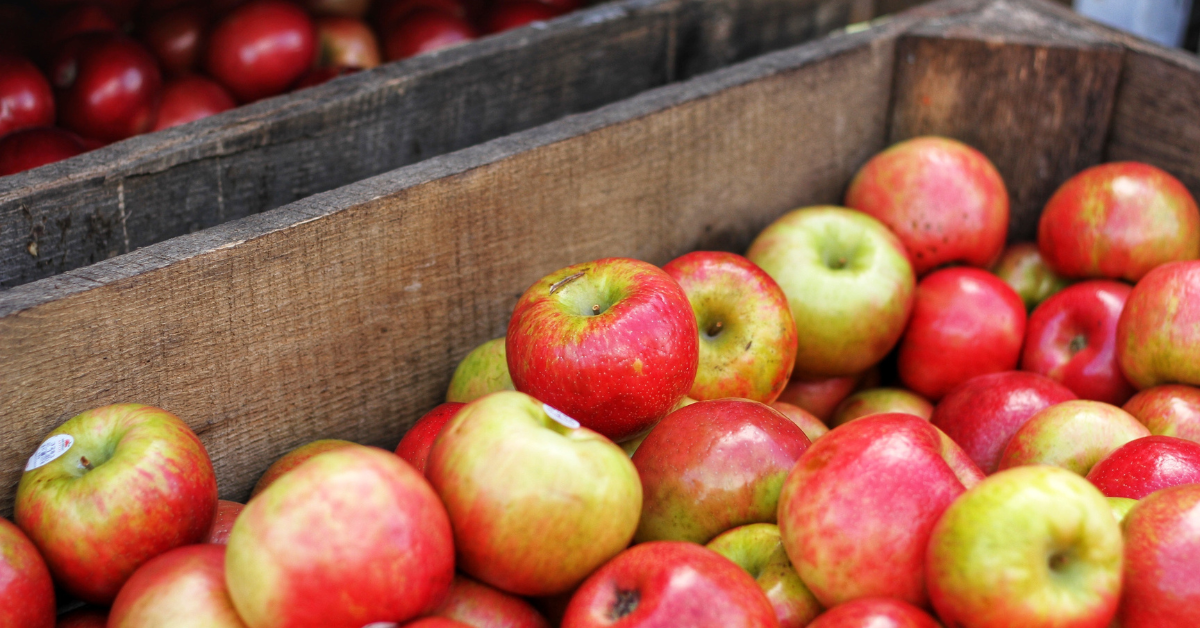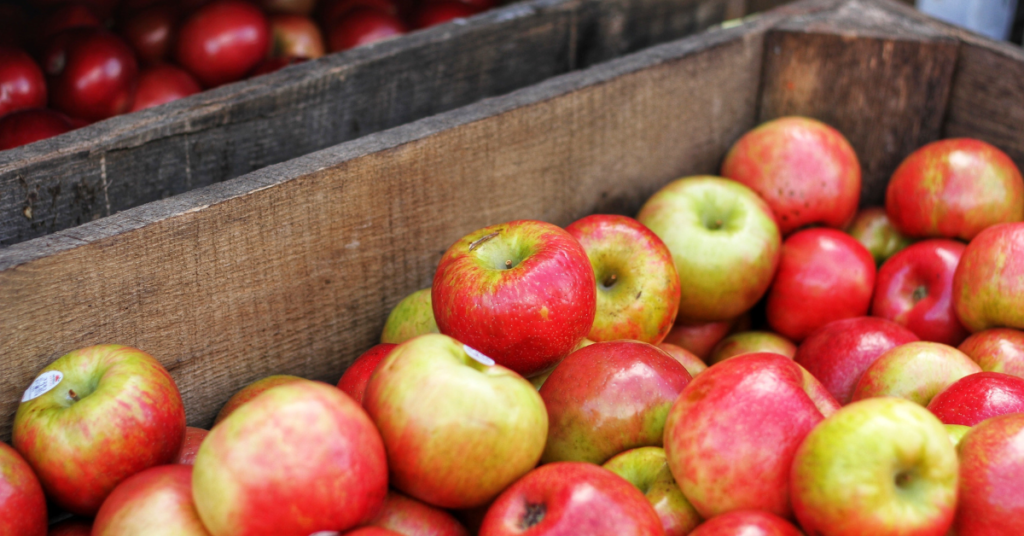
Lebanon’s geographical position allows for diversity in agriculture with five agro-climatic zones that characterize the country. From the coastal strip, tropical, citrus, and horticulture crops are farmed, while olive, grape, and other Mediterranean vegetables dominate the country’s lower altitudes. Mild fruit orchards surround its middle cliffs, while field crops, grapes, and fruit orchards are the most powerful in mid and western Bekaa. Northern Bekaa has occasional irrigated crops, rainfed grains, or fruit trees with vast marginal lands.
Lebanon’s position helps cultivate several corps at their geographical and altitudinal limits, offering exceptional quality in terms of taste, sugar richness, fruit consistency, storage capability, and stain. This is the case for banana, orange, lemon, mandarin, clementine, grapefruit, cherry, apple, apricot, peach, grapes for fruit trees, cucumber, tomato, potato, onion, garlic, lettuce, melon, and watermelon for vegetable crops.
Improving Export Potential
Exports are essential to economies because they open new markets for goods. One of the core roles of diplomacy and foreign policy between countries is encouraging economic trade and exports to satisfy all trading groups.
Khaled Sinno, the founder of Karma Lebanon SAL, a company that exports fresh Lebanese products globally, believes that the importing client must be the reference point for export standards and required documentation to clear the goods at their destination. He thinks this process is the most efficient since it saves time and effort compared to embarking on extensive research for every new market.
When asked about the importance of the public sector in this process, Sinno answered that the government should be involved in reaching international exhibitions, improving trading policies, and maximizing the benefit of its trade representatives at different embassies around the world. It must also facilitate and reduce the cost of producing the original documents required with each shipment. Sinno believes Lebanon should increasingly sign bilateral, regional, and multilateral trade agreements similar to GAFTA and the Eurozone trade agreement, which reduce or eliminate customs duties on fresh Lebanese products.
Export Conditions
To understand which papers are needed for an export shipment, the foreign customer/importer or a freight forwarder is the best place to start. The customer efficiently clears the goods with customs in the target market by obtaining correct information. Exporting vegetables and fruits to Europe requires the trading company to maintain high food safety and quality measures. Responsible social and environmental behavior has also become a precondition to trade, and buyers often ask for certificates as proof.
The EU Law describes traceability as the capability to trace and track any ‘food, feed, food-producing animal, or substance employed for consumption’ throughout all production, processing, and distribution phases. The food market in the EU must capitulate to EU labeling rules, and the last aim is to guarantee that consumers get the necessary details to make required selections while buying their food.
In addition to the general provisions noted, the EU legislation places detailed prerequisites for fresh fruits and vegetables based on the specific risks of these products. The EU has brought actions to minimize contaminants in food, such as certain fungi and metals, so food containing unacceptable contaminants is forbidden inside the EU market.
The food market spreads rigid rules for when and how pesticides may be used since those chemicals can damage humans and the environment. Testing them thoroughly before being authorized is a priority. The European legislation imposes broad and detailed trade standards for minimum quality and maturity for fresh fruit and vegetables, including the quality of the products and how they are delivered, branded, and sold to shoppers.
For the UAE, any company willing to import goods must be first registered with the Food Import and Re-Import System (FIRS). The import establishment procedure will become possible only when the importing company is documented in Dubai municipality. Moreover, all the imported food products in the UAE must be registered in the Registration and the Classification System, a system that identifies products based on a barcode. Traders must understand everything related to importing and re-exporting food products because reports assume that many items imported from international countries do not obey the standards and procedures, resulting in tremendous losses.
Export Development Projects
The European Union launches projects that promote sustainable agricultural development in Lebanon and supports it through donations. One of the major donors is the Centre for the Promotion of Imports from Developing Countries (CBI) which aims to sustain the transition toward inclusive and sustainable economies by supporting the sustainability of SMEs in developing countries and promoting exports of value-added outcomes to Europe.
Expert in managing international development projects, Hania Chahal explains that the funds from several international donors aim to boost agriculture production and prepare the market for export. Hania debates that this sector requires financial injection, and funds are an opportunity to increase the agricultural production for trade within the regional markets and export further afield. At the same time, food insecurity remains the main unrelenting and implacable problem affecting the global population and stunting the development of nations. Food stability is another critical dimension of food security, which has been one factor hindering the sustainable development agenda. Hania explains that the funds also study market failure and improve market access since not every product can be exported, referring to requirements, demand, and pricing.
With her advanced experience in the agri-food sector, Hania confirms that the agricultural cluster is an advanced type of agricultural industrialization, and clustering might be a door of opportunities, especially in Lebanon. “It is immensely significant in promoting regional economic growth, enhancing the rural competitive power, advancing the specialization of agriculture production, and growing the income of farmers.”
Continue reading part 2 here.







